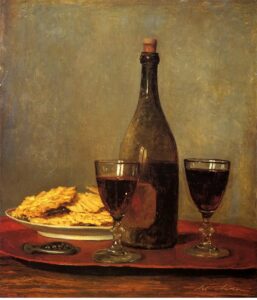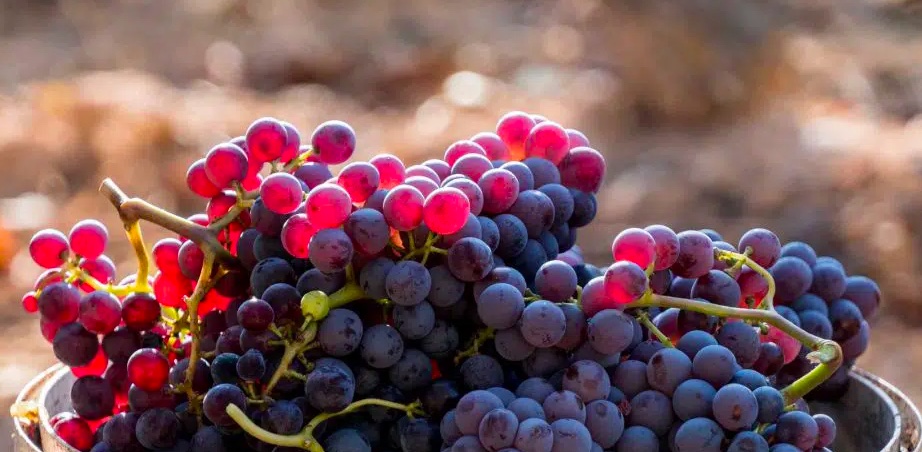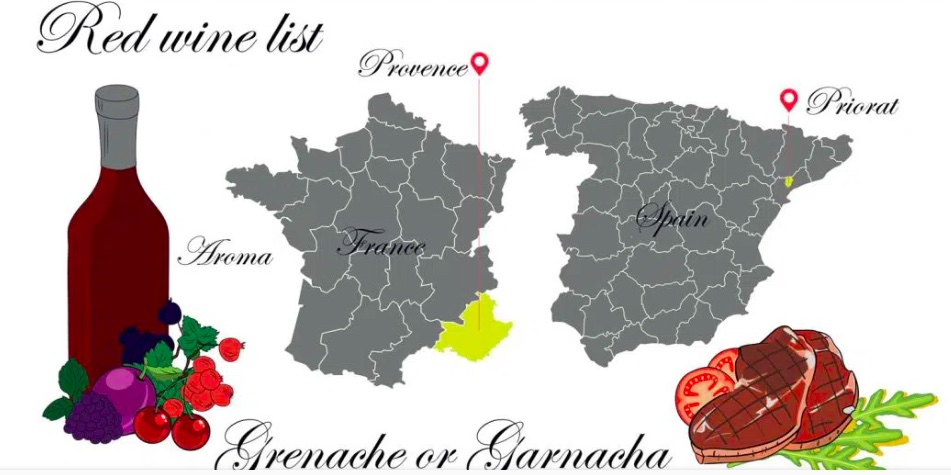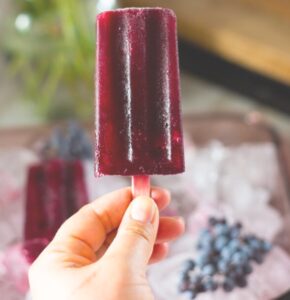The Grenache Wine Story: Making Wine Easy
Grenache is one of the most celebrated and versatile grape varieties in the world, beloved for its full-bodied, fruit-forward wines and rich history. Whether it’s red, rosé, or blended with other varietals, Grenache wines have captivated wine lovers and connoisseurs alike.
Let’s explore the origins of Grenache, its unique winemaking techniques, typical growing regions, food pairings, and much more—making the story of Grenache as easy to enjoy as a glass of wine itself.
The History and Origin of Grenache Grapes
Grenache, also known as Garnacha in Spain, is believed to have originated in Aragon, Spain, during the 18th century. From there, it spread to various parts of Europe and the New World. The grape thrives in warm, sunny climates, making it an ideal varietal for regions like the Southern Rhône Valley in France and parts of California and Australia.
Historically, Grenache was considered a blending grape, often used in the famous Châteauneuf-du-Pape wines of the Rhône Valley. It wasn’t until more recent decades that Grenache began to shine as a standalone wine. Today, it’s enjoyed in its purest form, either as a red, rosé, or in blends with other varieties like Syrah and Mourvèdre.
Unique Winemaking Techniques for Grenache
What makes Grenache particularly unique in winemaking is its thin-skinned berries, which contribute to the grape’s soft texture and higher alcohol content. The key to making great Grenache wine lies in managing its natural characteristics to enhance its flavours and aromas. Here are a few winemaking techniques used to process Grenache grapes:
1. Fermentation at Controlled Temperatures
Grenache grapes are highly sensitive to temperature during fermentation. Winemakers often opt for cooler fermentation temperatures (between 20°C and 28°C) to preserve the grape’s fresh fruit flavours, rather than allowing fermentation to run too hot, which can result in a loss of delicate aromas.
2. Extended Maceration
Because Grenache has lower tannin levels than many red wines, winemakers sometimes use extended maceration techniques, where the grape skins are left in contact with the juice for longer periods to extract more colour and flavour, creating wines that are rich yet smooth.
3. Use of Old Oak Barrels
To preserve the vibrant fruit profile, many Grenache wines are aged in old oak barrels. This helps to integrate subtle oak taste notes without overpowering the wine’s natural fruitiness. Unlike newer oak barrels, old barrels allow for minimal oak influence, allowing the varietal’s character to shine.
Typical Zones for Grenache Grapes
Grenache thrives in hot, dry climates where the grapes can achieve full ripeness, and its ability to handle drought conditions makes it suitable for a variety of growing regions. Here are some of the most famous Grenache-producing zones:
1. Southern Rhône Valley (France)
Home to the iconic Châteauneuf-du-Pape, the Southern Rhône Valley is one of the world’s most famous Grenache-growing regions. Here, Grenache plays a dominant role in blends alongside Syrah, Mourvèdre, and other varieties. The warm, sunny climate of the region helps Grenache develop its characteristic ripe fruit and spice notes.
2. Priorat (Spain)
In Priorat, located in northeastern Spain, Grenache is often used in blends with Carignan (locally known as Samso). The steep slopes and slate soils impart a unique minerality and depth to the wine, making Priorat Grenache a favorite among collectors.
3. California and Australia
Both California and Australia have become increasingly known for their Grenache wines, particularly in regions like Paso Robles and McLaren Vale. In these areas, Grenache produces wines with rich fruit character, softer tannins, and often higher alcohol content.
Strengths of Grenache and Food Pairings
Grenache is loved for its versatility and ability to adapt to various winemaking styles. Its strengths lie in its bright fruit flavours, like strawberry, raspberry, and cherry, as well as its spicy notes of white pepper and herbs. Whether it’s a rich, full-bodied red or a light, refreshing rosé, Grenache wines offer a wide range of styles, from bold and structured to light and elegant.
Red Grenache Wine Pairings:
- Grilled Meats: Grenache pairs exceptionally well with grilled lamb, steaks, or sausages, as its ripe fruit flavours complement the savoury, smoky notes.
- Spicy Dishes: The subtle spice of Grenache makes it a great match for spicy dishes like barbecue, curry, and Moroccan tagine.
- Aged Cheeses: A robust Grenache is a perfect companion to aged cheeses like Manchego, Gruyère, and Comté.
Rosé Grenache Pairings:
- Fresh Seafood: Grenache rosé, with its crisp acidity and light fruit profile, is an excellent match for grilled fish, shrimp, and seafood paella.
- Salads and Light Fare: The refreshing nature of Grenache rosé also makes it ideal with fresh salads, goat cheese, Fresh Mediterranean or Greek mezze.
- Charcuterie: Pair it with cured meats like prosciutto, salami, or chorizo for a simple yet elegant snack.
On a literary note, let’s recall two famous quotes from celebrated authors that capture the essence of wine:
Humphrey Bogart once said: “The problem with the world is that everyone is a few drinks behind.” His love for a good drink, especially wine, is legendary—perhaps even a nod to a glass of rich, red Grenache!
Ernest Hemingway, the man who wrote with as much passion as he lived, once remarked:
“Wine is the most civilized thing in the world.”
His appreciation for wine was undeniable, and perhaps he was referring to a glass of the elegant yet bold wine that stands the test of time in both style and substance.

A Favourite Wine for You
Grenache is one of the world’s most approachable and rewarding grape varieties. With a rich history, versatile growing regions, and a variety of unique winemaking techniques, Grenache offers something for every wine lover. Savouring a full-bodied red or a refreshing rosé, Grenache wines make it easy to enjoy the flavours of life. Cheers to the grape that brings people together, one glass at a time!



